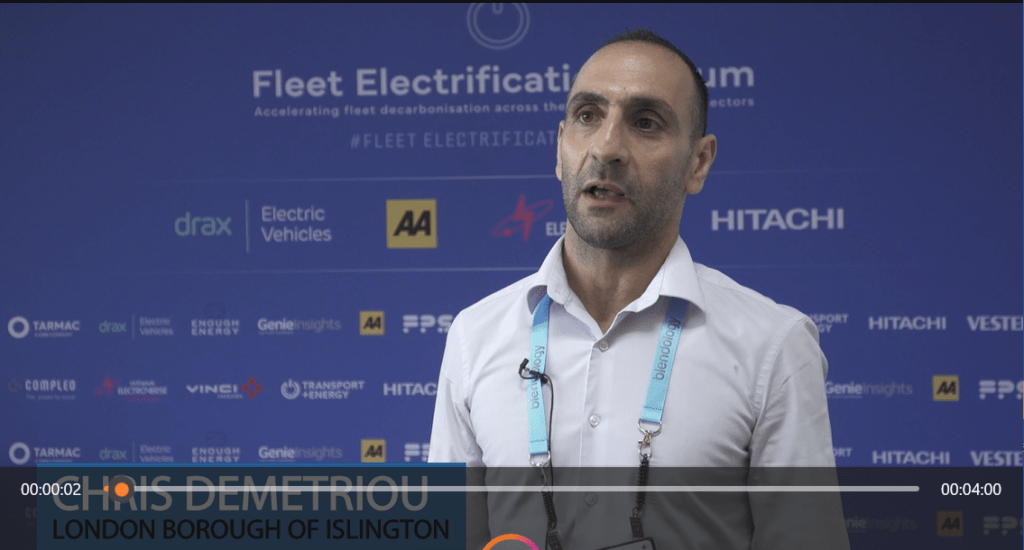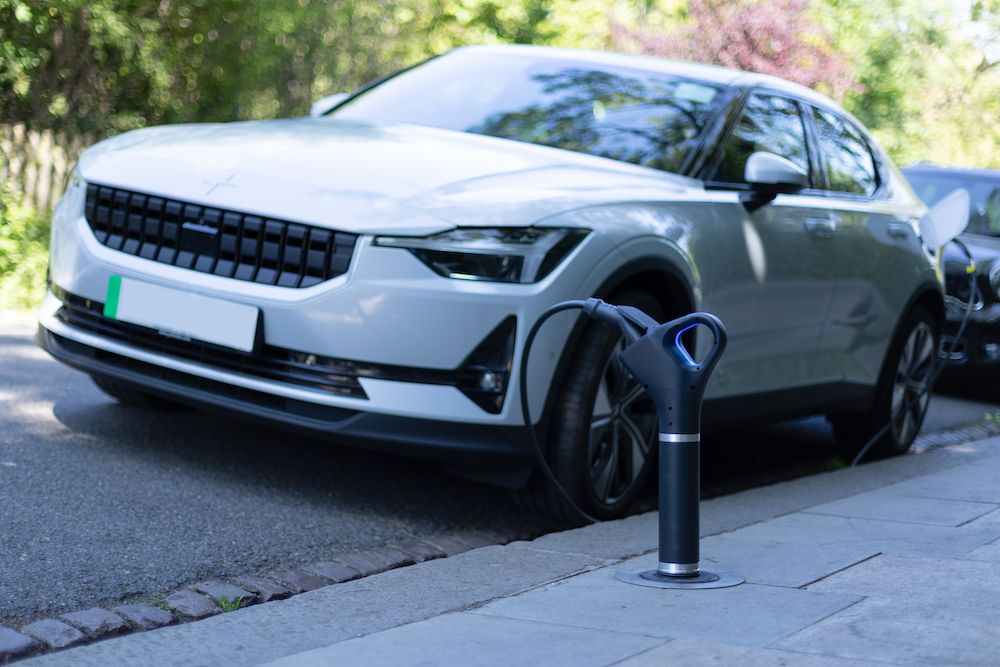The transport and energy sectors have given their reaction to the Government’s Net Zero Strategy which includes the announcement of an extra £350 million to support the electrification of UK vehicles and another £620m for targeted electric vehicle grants and infrastructure, particularly local on-street residential charge points.
Overall, the strategy sets out how the UK will secure 440,000 well-paid jobs and unlock £90 billion in investment in 2030 on its path to ending its contribution to climate change by 2050 and has been unveiled by the UK government today (19 October).
Building on the £1.9bn from Spending Review 2020, the Government has committed an additional £620m to support the transition to electric vehicles.
Patrick Reich, Co-founder of Bonnet, commented: “The additional £620m shows the government’s real commitment to delivering a net-zero carbon economy. Focusing on public charging infrastructure investment and pushing carmakers to sell a certain proportion of EVs every year will help make the country’s transition to these green clean vehicles a reality.
“Public charging provision is one of the tallest hurdles to climb before the 2030 ICE ban. Around 40 percent of households don’t have a private driveway, meaning they would rely on public charge points to be able to charge and drive. Investing in this infrastructure is vital, while also making sure charge point providers make it as simple and reliable for drivers to use their service.
“This investment is a great step towards making sure charging anxiety for drivers making the switch to EVs reduces. Through investment and a use of innovative technology, consumers will feel comfortable in making this switch.”
David Smith, Chief Executive of Energy Networks Association, which represents the UK and Ireland’s energy networks, said: “The Prime Minister has made it clear that customer choice is a central component of the Net Zero Strategy. The variety of technologies being developed and deployed for heat, transport, buildings and industry provides this exact choice. With regulation to support strategic, early investment, our energy networks will unlock Net Zero by connecting these technologies and making sure the right infrastructure is in the right place at the right time.”
David Wright, Chief Engineer at National Grid said: “In the lead up to COP26, the UK has certainly raised the bar on ambition to tackle climate change – and we now need to see what this means in practice. Today’s strategy builds on the 10 point plan, the energy white paper and a number of strategies that have been published in recent months, outlining what is needed to deliver a net zero future. Now the focus needs to be on implementation and investment in infrastructure and technologies. We’re at a critical stage in the journey where net zero is possible with the technologies and opportunities we have today and, in order to deliver on this, we have to accelerate and ramp up efforts to deploy long-term solutions at scale.”
Emma Pinchbeck, Chief Executive, Energy UK said: “The energy industry has led the way in reducing emissions in the UK – rapidly expanding our sources of clean power and investing billions every year. We will play a central role in the drive to reach Net Zero and by committing to have a decarbonised power system in place in the 2030s, our sector will also be providing the clean power needed to transform other sectors like housing and transport. The energy industry has shown what is possible with the right policies in place and is ready to invest further helping create jobs and growth across the country.”
Tanya Sinclair, Director of Policy UK, Ireland and Nordics, ChargePoint said: “ChargePoint welcomes the government’s bold step towards transport decarbonisation by announcing the introduction of a ZEV mandate today, the first commitment of its type in Europe. We have seen the positive impacts on EV uptake of these schemes in North America, where they have significantly built up availability and consumer confidence of electric vehicles.
“Across our fast-growing charging sector, a UK ZEV mandate will create huge confidence for those operating and investing in the charging industry. This industry – consisting mainly of startups and scale ups – will for the first time be able to clearly anticipate demand for charging infrastructure and create a clear roadmap to meet these targets. With this new policy, the UK is taking an essential step on the road to 2030 as well as contributing to the creation of a better EV driver experience in the UK.”
Paul Willcox, Managing Director, Vauxhall, said: “Vauxhall welcomes the UK government’s announcement to implement a zero emission vehicle mandate which will provide clarity to the UK motor industry and the rest of the electric vehicle ecosystem, on the basis of a 360-degree approach. Vauxhall believes a ZEV mandate can work in the UK provided there are complimentary targets on the other key parts of the electric vehicle ecosystem which are key to driving Britain to a more sustainable transport infrastructure. With our Ellesmere Port plant set to become the first electric vehicle only factory within the Stellantis group, we look forward to working with the government on the detail of how a ZEVmandate can be implemented and help support a sustainable vehicle marketplace in the UK.”
Stephen Phipson, CEO of Make UK said: “Today’s plans are a very positive step on the journey to net zero by 2050, with practical support to help businesses transition to green and clean production processes. The creation of 2 hydrogen clusters in Britain’s industrial heartlands puts our manufacturing powerhouse at the centre of innovation and will enable companies to make the switch away from fossil fuels at greater speed. It will be vital to produce enough hydrogen supply to feed not just the industrial clusters but all the manufacturers across the country.
“The infrastructure boost for EV cars and vans is a much needed and practical step forward and will be welcomed by industry. But defining the technology for HGVs, which are vital to manufacturing logistics, must not be forgotten. To build on this, it is important to make sure that today’s green investment plans go hand in hand with upskilling of the country’s workforces to make sure that we have the green skills to make these essential changes a reality.”
Phil Bentley, Chief Executive Officer, Mitie, said: “The publication of the government’s Net Zero Strategy is hugely welcome. We’ve already committed to reaching net zero carbon emissions across Mitie’s estate by 2025 and anything which assists more businesses in setting ambitious targets is good news.
“This announcement demonstrates government’s commitment to delivering decarbonisation across Britain and will provide businesses with the certainty they need to invest in their own net zero strategies, while also helping accelerate the adoption of electric vehicles.”
Steffen Brans from EEVEE Mobility said: “EEVEE welcomes the government’s strategy to help tackle climate change. Our app helps make public EV charging more transparent, efficient and less expensive for consumers and so it’s great that the UK’s public charging infrastructure is addressed in the plan. By investing £620 million in grants for electric vehicles and street charging points, the government will make EVs more affordable whilst making public charging more convenient. These are two hurdles that consumers need to be overcome before EV adoption becomes mainstream – which is one of the key factors to hitting the net zero target by 2050.”
Image: Shutterstock.












